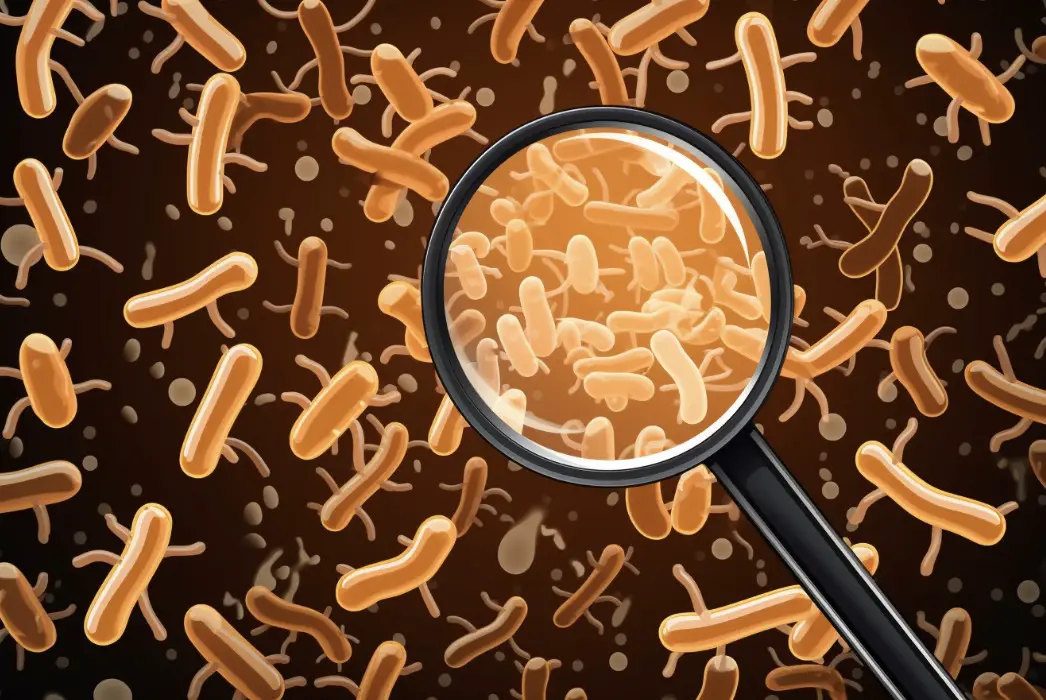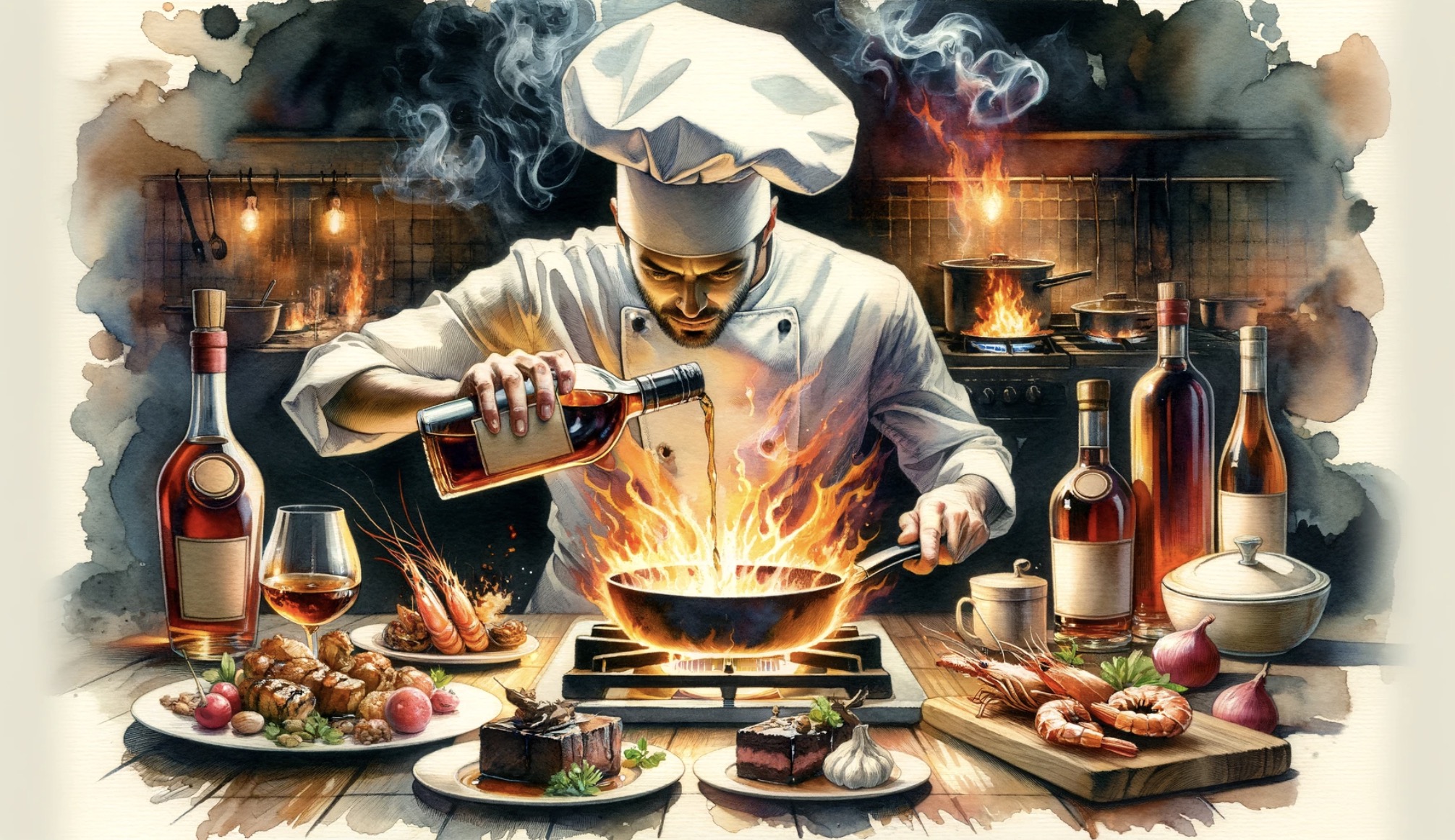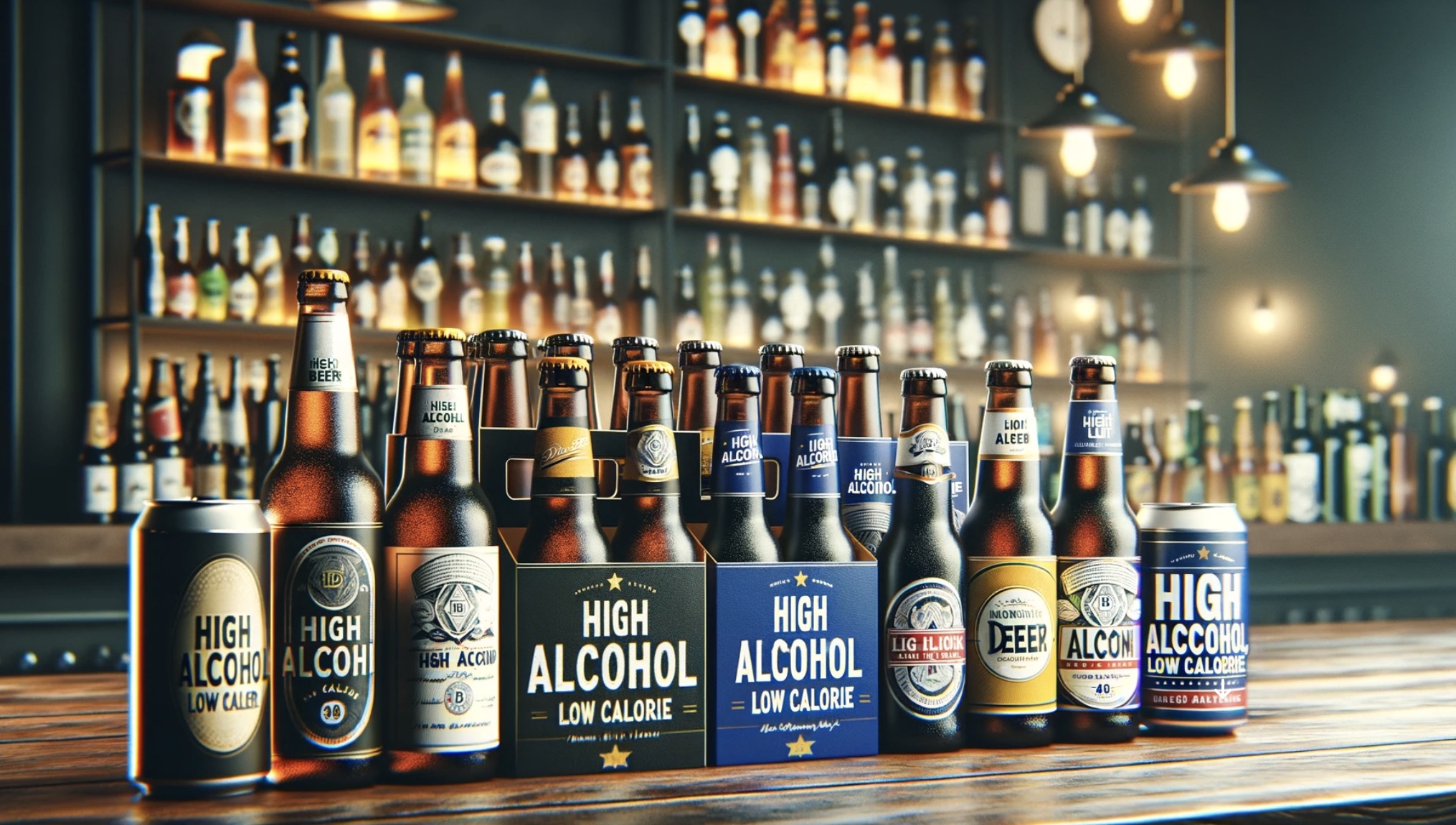As an expert brewer and a lover of beers, I often find myself engaging in conversations with fellow beer enthusiasts about various beer-related topics.
One question that has come up quite frequently in these conversations is: Does warm beer get you drunk faster?
So, I decided to do some research and share my findings with you.
The short answer is: No, warm beer does not get you drunk faster.However, there are some factors that may lead to the perception that it does. Let’s dive into the details.
Debunking Myths: Warmth, Alcohol, and Intoxication
It’s important to address a common misconception associated with warm beer: the idea that it will get you drunk faster. In reality, the temperature of the beer has no influence on its alcohol content or its effects on your body. If anything, the warmth might lead to a small amount of alcohol evaporating from the beer, reducing the overall alcoholic strength. So, enjoy your warm beer without any concerns about an accelerated buzz!
Relax and Savor the Warmth
Now that we’ve debunked the myth of warm beer and intoxication, it’s time to embrace the unique experience it offers. The warmth of the beer allows you to take your time, savoring each sip and truly immersing yourself in the flavors and aromas. It’s a leisurely and contemplative way to enjoy a beverage, perfect for cozy gatherings, pub atmospheres, or simply unwinding after a long day.
Whether you find yourself in a traditional German beer hall or a quaint English pub, don’t hesitate to join the locals in embracing the warm beer tradition. It’s an opportunity to delve deeper into the intricate nuances of different beer styles, appreciating the craftsmanship and heritage behind each brew.
Remember, warm beer is not a mandate or a replacement for the cold, refreshing pint we all love. It’s simply an alternative, a unique avenue to explore the diverse world of beer. So, the next time you’re seeking a different drinking experience, venture into the realm of warm beer, raise your glass, and enjoy the cozy warmth that accompanies each sip. Prost! Cheers!
The Science Behind It
There is no scientific evidence to support the claim that warm beer makes you drunk faster [2][3][5]. The assertion that warm beer accelerates the intoxication process lacks substantiation [2][3]. The effects of alcohol consumption on intoxication are primarily determined by the amount of alcohol consumed rather than the temperature of the beverage [5].
When you consume alcohol, it affects your central nervous system and interferes with your brain’s communication, leading to the symptoms of drunkenness as you consume more alcohol [1]. The rate at which alcohol enters your bloodstream depends on various factors, such as the concentration of alcohol in the beverage, the amount consumed, and individual factors like body weight and metabolism [4].
It’s worth noting that drinking too much warm beer or alcohol in general can have adverse effects, including vomiting and other unpleasant side effects [6]. Therefore, it’s important to consume alcohol responsibly and be aware of your limits.
Alcohol Absorption Rate
The main reason why people might think that warm beer gets you drunk faster is because of the alcohol absorption rate. When you drink alcohol, it gets absorbed into your bloodstream through your stomach and small intestine. The rate at which this happens depends on various factors such as the concentration of alcohol, the presence of food in your stomach, and your body’s metabolism.
Temperature and Carbonation
The temperature of the beer affects its carbonation levels. Cold beer has more carbon dioxide (CO2) dissolved in it, which means it is more carbonated. As the beer warms up, it loses some of its carbonation, making it seem flatter. This could lead to the perception that you’re drinking more alcohol than you actually are, because the bubbles are no longer present to dilute the taste of the alcohol.
Tasting Cold Beer
As a brewer and a beer lover, I’ve had my fair share of cold beers. Cold beer has a crisp, refreshing taste and the carbonation adds a pleasant fizziness. The lower temperature also helps to mute some of the more potent flavors and aromas, making the beer more palatable for some drinkers.
Tasting Warm Beer
I’ve also had the experience of tasting warm beer, whether by accident or by choice. When beer is warm, the flavors and aromas become more pronounced, which can be a good or bad thing depending on the beer.

Some beers benefit from being served warmer, as it allows the complex flavors to shine through. However, other beers can become cloying or overly bitter when warm.
Why would anyone drink warm beer then?
The Warm Beer Tradition: A Blend of German and English Drinking Cultures
When it comes to enjoying a refreshing pint, most people envision a cool, crisp beverage. However, there are intriguing pockets of drinking traditions around the world where warm beer takes center stage. In particular, Germany and England have their own unique takes on sipping beer at a slightly higher temperature. So, grab a cozy seat, and let’s explore how these warm beer traditions arose, why they exist, and which beer types and tastes they suit.
The Origins: A Reflection of Historical Circumstances
The origins of warm beer traditions in Germany and England can be traced back to historical circumstances and cultural preferences. In the case of Germany, the tradition of drinking warm beer, known as “Starkbier” or “Dunkelbier,” can be attributed to the country’s rich brewing history.
In centuries past, before refrigeration became widely available, keeping beer cool throughout the brewing and storing process was a significant challenge. As a result, Germans discovered that their brews still offered enjoyable flavors even at warmer temperatures. This revelation led to the development of beers designed to be consumed at higher temperatures, such as Bock and Doppelbock.

In England, the tradition of warm beer, often referred to as “real ale,” has a different story. Historically, beer was stored and served at cellar temperature, which is notably cooler than room temperature. The practice of drinking beer slightly warmer than chilled temperature emerged from the necessity of utilizing natural yeast to ferment the beer. This yeast is more active at a higher temperature, contributing to the distinctive flavors associated with British ales.
The Why: Enhancing Aroma and Flavor Profiles
You might be wondering, why would anyone want to drink warm beer when cold beer seems so refreshing? Well, the answer lies in the unique sensory experience that warmer temperatures can unlock. When beer is slightly warmer, the aromas and flavors become more pronounced, offering a deeper exploration of its intricate character. The warmth allows the volatile compounds within the beer to evaporate more readily, releasing a symphony of scents and tastes. So, while it might seem counterintuitive, warm beer enthusiasts believe they are getting a fuller, more immersive drinking experience.
Suitable Beer Types and Tastes
Both German and English warm beer traditions are better suited to certain beer types and flavors. In Germany, stronger and maltier brews, such as Bocks and Doppelbocks, are well-suited to being consumed warm. The increased temperature helps to accentuate the complex malt profiles and brings out rich caramel, toffee, and chocolate notes. These robust flavors shine through and create a comforting drinking experience that warms both the body and the soul.
In England, the warm beer tradition is particularly associated with cask-conditioned ales, also known as “real ale.” These ales are often served at cellar temperature, around 12 to 14 degrees Celsius (54 to 57 degrees Fahrenheit). The slightly elevated temperature allows the aromas of the hops and malts to be more pronounced, revealing a plethora of flavors ranging from fruity and floral to nutty and biscuity. This style of beer is typically less carbonated, offering a smoother mouthfeel and a more relaxed drinking experience.
The Psychology Behind It
The Placebo Effect
The placebo effect may also play a role in the perception that warm beer gets you drunk faster. If you believe that warm beer will get you drunk faster, you may start to feel more intoxicated simply because of the expectation.
Faster Consumption
Another factor that could contribute to the perception of warm beer getting you drunk faster is the speed at which you consume it. When beer is warm, it may not taste as pleasant, leading some people to drink it faster in order to finish it before it gets even warmer. Drinking alcohol at a faster rate can lead to a quicker onset of intoxication.
Conclusion
So, does warm beer get you drunk faster?
As mentioned earlier,the answer is no. However, the perception that it does might come from various factors, such as the reduced carbonation levels, the more pronounced flavors and aromas, the brewing process, the placebo effect, and the faster consumption rate.
To wrap up this discussion, let’s look at some interesting facts about beer:
1. Beer is one of the oldest and most widely consumed alcoholic drinks in the world.
2. The art of brewing beer dates back to at least 5,000 years ago.
3. There are two main types of beer: ale and lager, which are brewed using different fermentation methods.
4. The four main ingredients in beer are water, malted barley, hops, and yeast.
5. The alcohol content of beer can range from less than 1% to more than 20% ABV.
6. Beer can be served at various temperatures, depending on the style and personal preference.
7. Beer can be paired with a wide variety of foods, just like wine.
8. The craft beer movement has led to a resurgence in popularity for unique and innovative beer styles.
9. The global beer market is worth hundreds of billions of dollars.
10. Oktoberfest, held in Munich, Germany, is the largest beer festival in the world – and they serve warm beer!
In summary, there is no scientific basis to support the idea that warm beer can make you drunk faster. The effects of alcohol on intoxication primarily depend on the amount of alcohol consumed, not the temperature of the beverage [2][3][5].
So, the next time you’re enjoying a cold (or warm) beer, remember that temperature won’t affect how quickly you get drunk, but it might change your overall experience of the beer. Cheers!
FAQs
Is it easier to drink warm or cold beer?
It is generally easier to drink cold beer because the low temperature helps to suppress some of the bitterness and carbonation, making it smoother and more refreshing. However, personal preference plays a role, and some people may find it easier to drink warm beer, especially if it is a style that is traditionally served at a higher temperature, like certain ales or stouts.
Is it OK to drink warm beer?
Yes, it is okay to drink warm beer, as it is not harmful to consume. However, the taste and overall experience might be less enjoyable, as most beers are designed to be served and consumed at specific, cooler temperatures to bring out the best flavors and aromas.
Why is warm beer better?
Warm beer is often considered better by some beer enthusiasts because it allows the full range of flavors and aromas to be more easily detected and appreciated. When beer is served at a warmer temperature, the complex notes and characteristics of the brew become more pronounced, enhancing the overall tasting experience. This is particularly true for certain styles of beer, such as ales, stouts, and porters, which are traditionally served at slightly higher temperatures. However, personal preference plays a significant role in determining the ideal serving temperature for individual tastes.
Is it better to drink beer warm or cold?
It is generally better to drink beer cold, as it helps to preserve the beer’s carbonation, flavors, and aromas. Most beer styles are best enjoyed at a temperature between 40°F and 50°F (4°C to 10°C). However, some beer styles, such as stouts, porters, and strong ales, may be better appreciated when served slightly warmer, around 50°F to 55°F (10°C to 13°C), to enhance their complex flavors and aromas. Ultimately, personal preference plays a significant role in determining the ideal temperature for beer consumption.
Can you drink beer that’s been left in a hot car?
Yes, you can drink beer that has been left in a hot car, but the heat may have negative effects on its taste, aroma, and overall quality. High temperatures can accelerate the aging process, causing the beer to become stale or develop off-flavors. Additionally, if the beer is in a can or a bottle with a compromised seal, it may become flat due to loss of carbonation. While it may not be harmful to consume, the beer’s taste may be less enjoyable than if it were stored properly.
References
- healthline.com
- sanctuarybrewco.com
- sanctuarybrewco.com
- theguardian.com
- WHO.com
- foodandlifelover.com
- letstalkscience.ca




